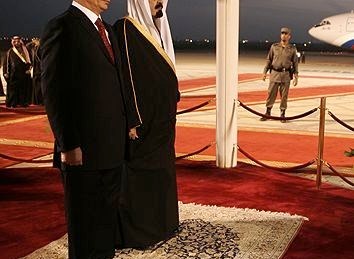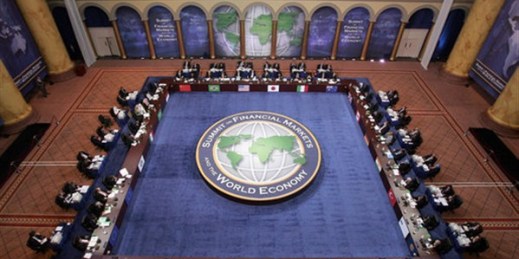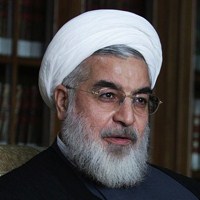
This month, Saudi Arabia reportedly offered to buy up to $15 billion worth of Russian arms if Russia would reduce its support for Syrian President Bashar al-Assad. In an email interview, Andrej Kreutz, an expert on Russia-Middle East relations and adjunct assistant professor at the University of Calgary, explained the recent trajectory of Russian-Saudi relations. WPR: What has been the trajectory of Russian-Saudi relations in the past few years? Andrej Kreutz: Between 2003 and 2010, there was some noticeable rapprochement between Saudi Arabia and Russia, which have historically had somewhat conflicting, albeit nuanced, relations. Major signs of this gradual warming […]










